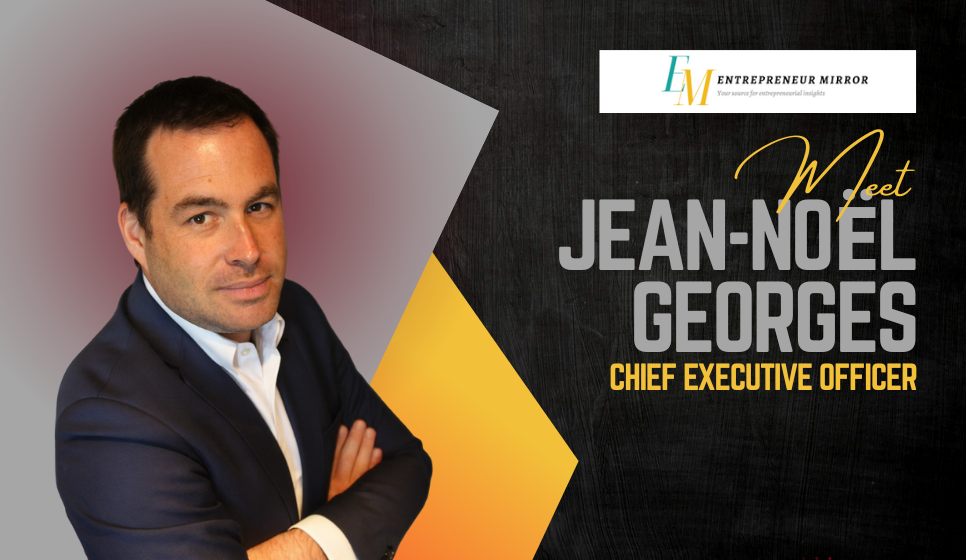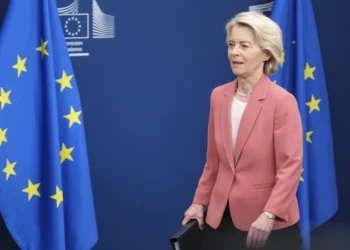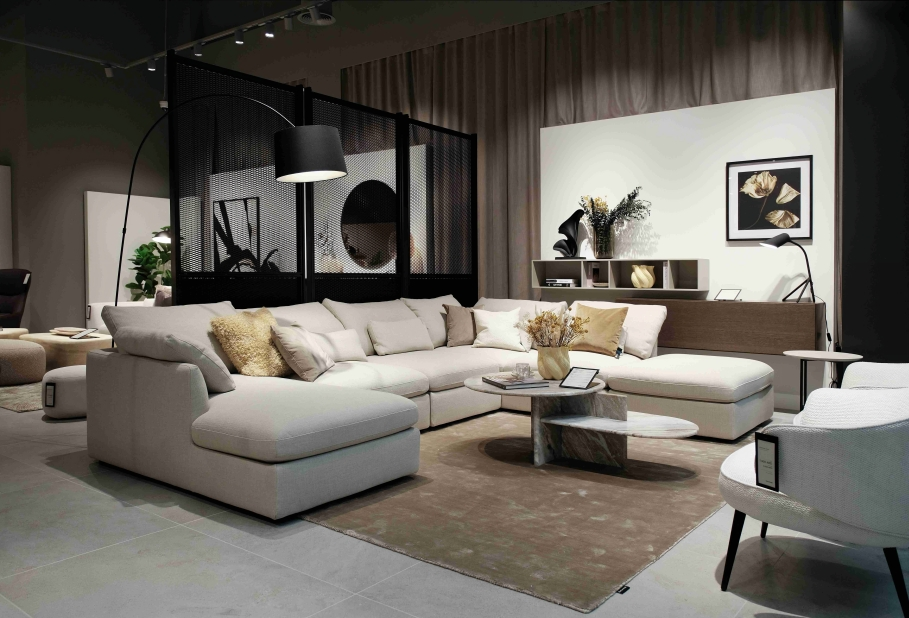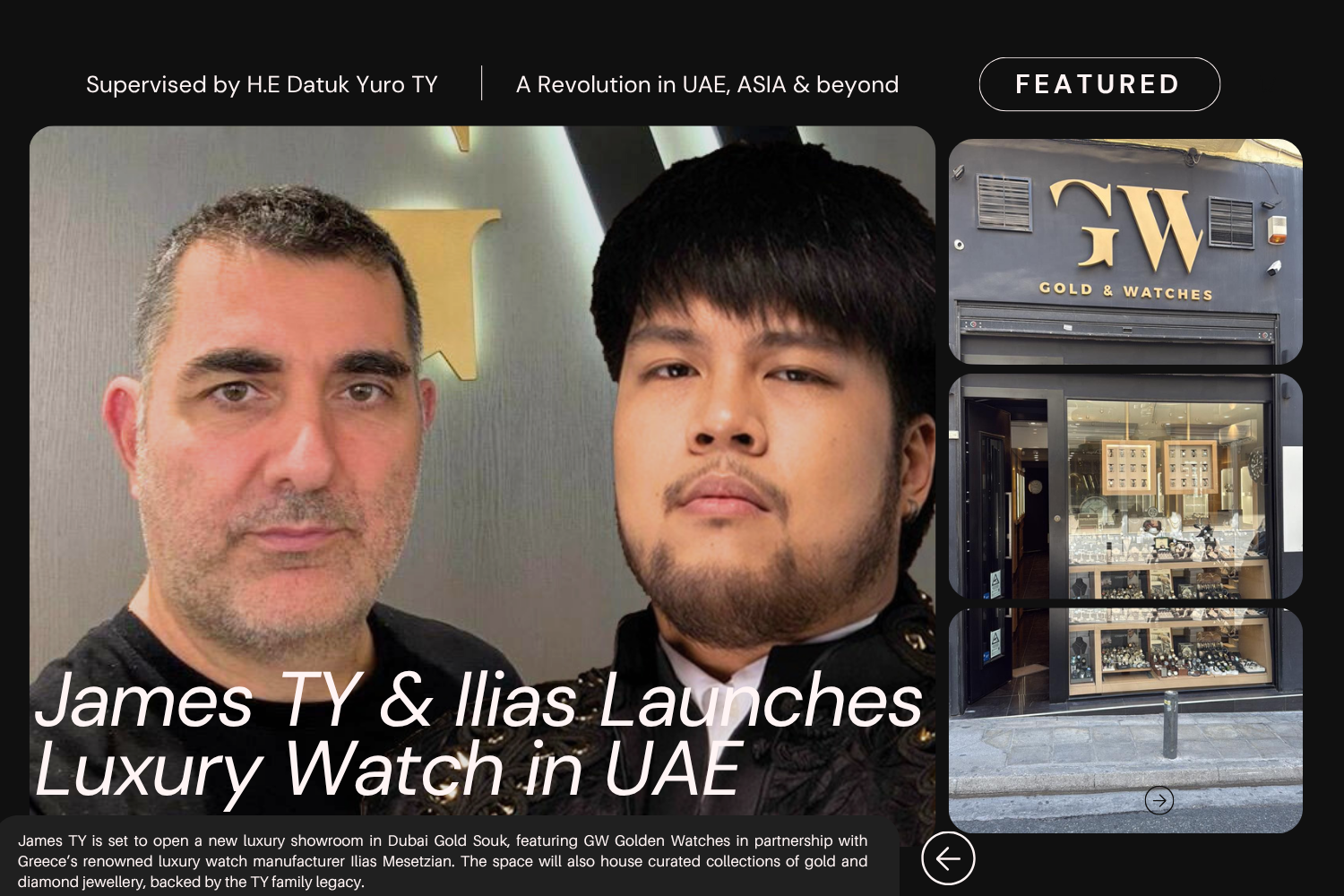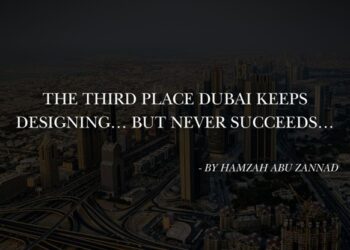On a sweltering summer day, the Boof café in the centre of the Iranian capital offers cool, refreshing beverages. The café, situated in a lush area of the former US embassy, must offer the most distinctive iced Americano coffees in the city.
Since Washington cut ties with Tehran in the wake of the 1979 Iranian revolution and the hostage crisis, which continue to loom large over this tumultuous relationship, its tall cement walls have been covered in anti-American murals. Amir, the barista at the quaint Boof café, expresses his desire for better ties between the United States and Iran.
As he pours another iced coffee behind a shabby wooden sign that reads, “Keep calm and drink coffee,” he muses, “US sanctions hurt our businesses and make it hard for us to travel around the world.”
There are only two seats filled: one is occupied by a lady wearing a long black veil, and the other is occupied by a woman wearing blue jeans and long, flowing hair, both of whom are defying social norms while cuddling with their partner. This is a brief glimpse of this metropolis as it faces its incredibly uncertain future.
Also Read:
On Friday, Gold Prices Reached a Nearly Two-Month High
Amid Regional Tensions, the Indian Embassy in Israel Issues a Safety Alert



